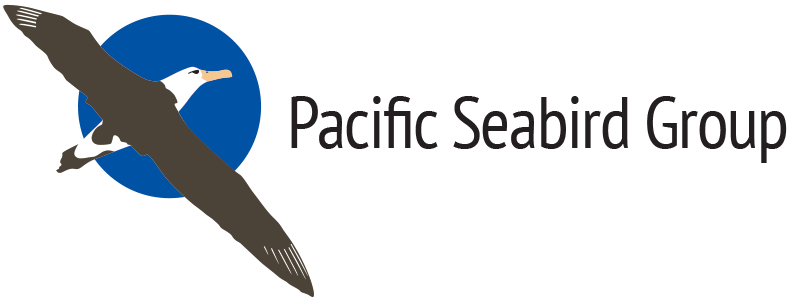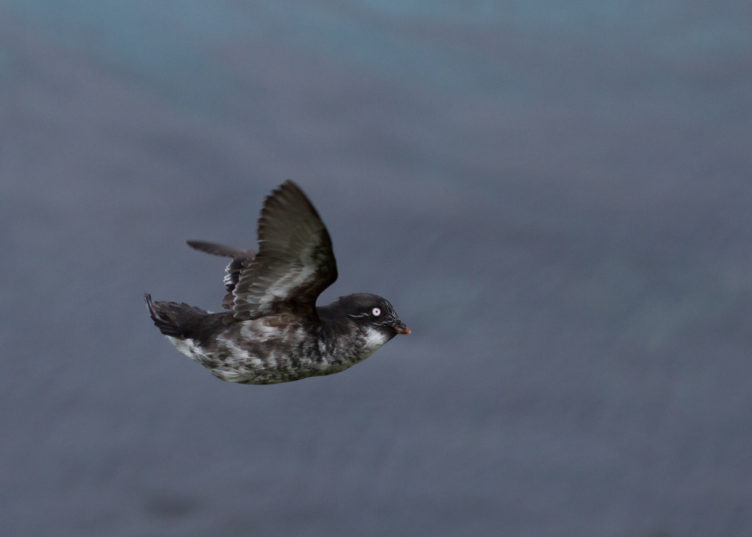Conservation Fund Grant
Application Instructions
- Read the Grant Requirements, see below.
- Send an email to David Duffy and Craig Harrison briefly explaining what you want to propose and where you want to do the work. That way, you can get a rapid determination from them of whether your proposal is eligible for consideration for funding.
- If they determine that your study is eligible, then fill out and send the application form, the proposal/budget, and the letter of reference, as described below, to David Duffy, the PSG Chair, and Craig Harrison. If you have questions about the Application Form, please see the Example Form that has been filled out.
Please note that applications/proposals may be submitted at any time—there is no fixed deadline for submission. All applications/proposals will be evaluated when they are submitted.
Application Form
- Application Form: Conservation Small-Grants Program (MS Word)
- Sample Application Form: Conservation Small-Grants Program (MS Word)
Grant Requirements
Eligibility: Criteria for eligibility will largely be geographic, in that the funding preferentially will go to citizens of developing countries within or bordering the Pacific Ocean. Preference will be given to citizens of any country within or bordering the Pacific Ocean except the USA, Canada, Japan, Australia, New Zealand, South Korea, and Taiwan, unless no local citizens are able to do the work at the time of application. In addition, the work should be conducted within developing countries within or bordering the Pacific Ocean or should benefit Pacific seabirds. Consideration may be given to applicants from one of the ineligible countries, providing: (1) the seabird work will occur within one of the eligible countries; (2) the applicant can demonstrate that matching funds exist; and (3) individuals in the host country are involved in the project, so that they can learn techniques to aid in seabird conservation. A grant may be awarded to a citizen of an ineligible country if the specific purpose of the work is to train local residents of an eligible country to undertake seabird-conservation actions. In such cases, the applicant also must demonstrate that, without the addition of the Conservation Fund grant (plus matching funds), the project cannot be completed. Although we prefer that applicants not be government employees in those eligible countries (government employees generally have access to some funds), all applications will be reviewed on their merit, and government employees may be awarded Conservation Fund grants.
For continuing projects or for new applications from previously-funded researchers, eligibility also depends on the timely submission of reports. All recipients of a Conservation Fund grant must submit a report within 2 months of the completion of the project or that phase of the project. Recipients of a Conservation Fund grant are eligible to apply for funds to continue the work, but, to be considered for additional funds, the applicant must submit a short report along with the renewal application. Previous recipients of a Conservation Fund grant who do not provide a report to the Conservation Fund Committee are ineligible for future grants.
Proposal/budgetary requirements: Applicants will (1) fill out a concise application form; and (2) prepare a short but detailed proposal. The proposal will: (A) describe the nature of the conservation issue/problem (i.e., the background and objectives); (B) briefly describe how the objectives will be accomplished; (C) provide a budget of projected expenditures and/or request of materials needed; and (D) provide at least one letter of support from a non-involved party (all of these components should be submitted via email messages). We emphasize that the proposal/budget should be brief and believe that 2 pages (including the budget) will suffice. If funds are provided to the applicant, a signed application and proposal in hard-copy must be received by the Conservation Fund (this can be sent as an attached PDF file). Background information on the Conservation Fund, application forms and instructions will be available through the PSG website. We encourage PSG members to draw this program to the attention of potential worthy recipients.
Disbursement of funds: The size of grants usually will be between US $250 and US $4,000. Funds/materials will be provided to award recipients as soon as possible after a decision of acceptance by the Conservation Fund Committee. Grants above US $4,000 will require direct approval by EXCO, delaying a decision. The amount disbursed will be determined by the number of proposals, the quality of each proposal, and the contribution of the proposed work to seabird conservation in the Pacific. Any funds not spent or material donations not used will be returned to PSG for later disbursement to other projects.
Examples of activities that may be funded include: (1) the cost of supplies, transportation, or other field-work expenses for removal of invasive species from a nesting colony; (2) the provision and distribution of materials to train local residents how to reduce the impacts of human activities on seabirds or their colonies/habitats; (3) the provision and distribution of educational materials or equipment for teaching fishermen how to reduce seabird bycatch; and (4) costs for colony surveys of presently-unsurveyed areas to evaluate the status and conservation needs of seabirds.
Examples of activities that will not be funded include: (1) travel to the PSG or other society meetings; (2) regular monitoring or censusing of colonies; (3) research that includes the purchase of satellite- or radio-telemetry tags; or (4) the study of breeding biology. Essentially, funds must be spent and donated materials must be used to accomplish directly the proposed conservation activities. Unspent funds will be returned to the Conservation Fund for later disbursement to other projects.
Reporting Requirements
No later than 2 months following the completion of the funded field work, award recipients must provide to the Conservation Fund Committee a short report (in English) detailing: (1) their proposed objectives; (2) their proposed activities/actions; (3) their actual activities/actions; (4) their subjective/objective evaluation of the effectiveness of their actions in conserving seabirds, including detailed quantitative information, when possible (e.g., “discovered and censused XX seabird colonies,” with numbers of each bird species and locations of seabird colonies provided in the report); (5) a comparison of proposed and actual expenditures of money/use of donated materials; and (6) suggestions for further work or improvements to the completed project design.
All proposal applications and reports should be sent to David Duffy, the PSG Chair, and Craig S. Harrison.






